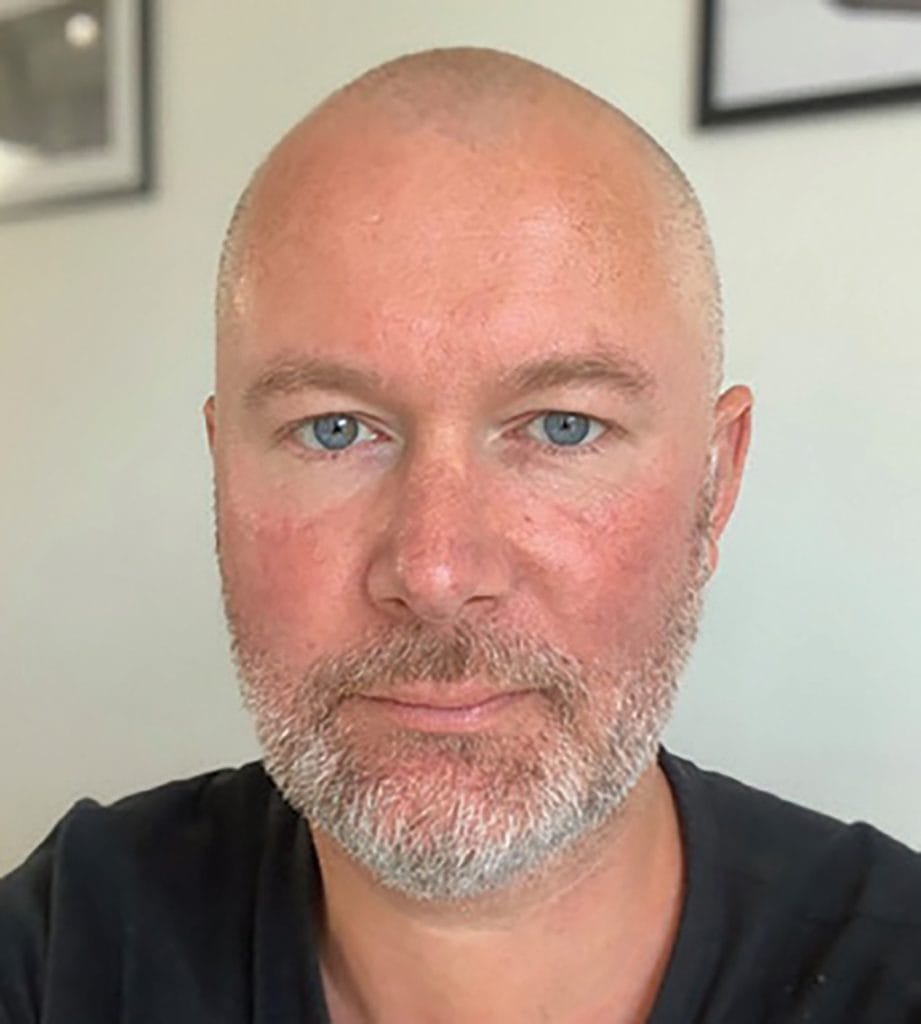
In a recent client meeting about improving diversity in their trials, one of the team said – and I paraphrase: ‘I’m worried that if we push too hard for a diverse trial, the commercial team just aren’t going to buy it.’
While this ostensibly seems a bit defeatist, there is an insight lurking here – namely that delivering diversity in trials can conflict with other priorities, such as the drive to deliver trials rapidly, with minimal administrative burden, and the perception that the benefits are purely ethical or, at best, scientific.
Regulatory intervention – along with new guidelines from the FDA, EMA and others – will help to a point, but we need to reframe the discussion so that greater diversity is directly linked to greater commercial success.
When money flows, habits change, and the spirit of Mammon can’t be ignored in an industry that makes billions
This perception of high cost is doubtless linked to the fact that there is no single approach that’s effective in achieving a diverse trial. So you can’t get into a ‘rinse and repeat’ mindset when it comes to design, recruitment or retention that might classically have yielded economies of scale between trials. Because the barriers are so multifaceted (lack of access in non-urban environments, lack of trust in pharma among some groups, lack of knowledge about how trials work, fear about safety, etc), you instead have to adopt a breakthrough mindset: be prepared to think differently about each trial and properly engage with the relevant communities involved in order to find out what’s really at play.
There’s a reason why diamonds are worth more than obsidian
So far, so expensive. But, in the words of my Minecraft-obsessed son, there’s a reason why diamonds are worth more than obsidian: they’re mined at a depth of around 600 metres, whereas obsidian can be taken directly from the ground. Similarly, insights into what is going to encourage an audience to participate in a trial aren’t easily come by – but ‘tick box’ lip-service approaches to diversity are in plentiful supply. There’s a reason that communications agencies like ours talk about ‘mining for insights’.
But as with so many things in life, you get what you pay for. And here’s the commercial imperative: we need to think longer term to get a bigger payback. In pharma we might like to think that we play a long game with our 20-year patents; but compare this to the 30-70-year cycles in the multibillion dollar energy industry and we seem a bit hasty.
Take Aduhelm from Biogen – the Alzheimer’s drug that promised so much (an estimated $10bn in peak sales) but is to be pulled this year. It’s not just down to Medicare deciding not to pay for its high price tag, but because black people have nearly double the risk of developing Alzheimer’s and yet fewer than 1% of the trial participants were black. The FDA is now requiring Biogen to complete a new, more diverse post-market confirmatory study to provide additional safety and efficacy data, which will cost millions in additional costs – let alone billions in lost revenue.
Alongside the cost of getting it wrong, there’s the cost of doing nothing at all. A 2023 publication commissioned by NHS England concluded that meeting the needs of people in severe and multiple disadvantaged groups costs society an estimated £10.1bn per year.
So how do you make savings? Within the same report there was a cost-benefit analysis based on current experiences of Gypsy, Roma and Traveller families. Many of them find registering with a GP difficult due to low literacy levels, and GPs may also be reluctant to visit their communities. It examined some current care pathways in bowel cancer and dementia (£20k and £23k respectively) and showed how, if you took a more sensitive approach – with appropriate social work engagement and GP outreach work – you could avoid costly A&E admissions and significantly reduce costs to £9k and £4k respectively.
A lot of this is down to thoughtful and appropriate communication and training, but these must be based on the right insights in the first place. Only if you’re armed with them will you be able to unlock genuine commercial returns.
With a multicultural society, the UK is in a strong position to deliver the most inclusive trials in the world
More robust data will more clearly demonstrate either the universal benefit of a therapy or its differential effect in different communities. As another 2023 NHS collaborative report into this concluded: ‘EDI is an essential part of making UK life sciences stronger. It builds trust, it benefits the health of people from a wider range of communities, and it makes financial sense. It’s good for everyone.’
References are available on request.
This thought leadership piece appeared in the May edition of PME. Read the full issue here.





